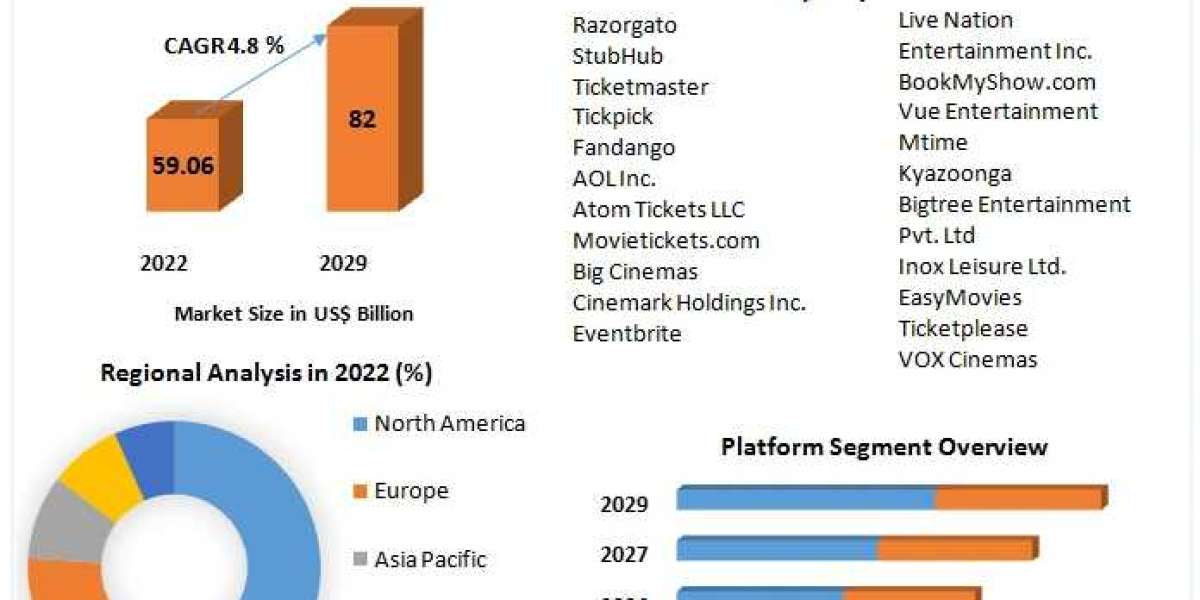The worldwide audio codec market is forecasted to advance with a compound annual growth rate (CAGR) of 5.2%, projected to increase from its current value of US$ 6 billion to US$ 10 billion by the conclusion of 2033.
An audio codec, short for coder/decoder, represents both an integrated circuit (IC) and computer-based application designed for compressing and decompressing data streams and digital audio signals. Operating through a software-based system, it employs a range of techniques for encoding, decoding, and compressing data. Additionally, it incorporates capabilities for analog-to-digital conversion (ADC) and digital-to-analog conversion (DAC).
Download a Sample Copy Of Report:
https://www.factmr.com/connectus/sample?flag=Srep_id=8340
The landscape of the audio codec market is experiencing a significant transformation fueled by technological progress and shifting consumer expectations. As industries across the board, from consumer electronics to automotive, increasingly prioritize audio quality, this article delves into the latest trends influencing the trajectory of the audio codec market.
Advancements in High-Resolution Audio:
The surge in popularity of high-fidelity audio streaming and immersive multimedia necessitates audio codecs capable of delivering top-notch sound quality. Manufacturers are concentrating on crafting codecs that adhere to high-resolution audio standards like FLAC and MQA, targeting audiophiles and consumers who demand exceptional listening experiences.
Key Companies Profiled:
- Cirrus Logic Inc
- Dialog Semiconductor
- CML Microelectronics
- Qualcomm Inc
- DSP Group Inc
- Texas Instruments
- Analog Devices Inc
- Realtek Semiconductor Corp
- ROHM Co. Ltd.
Integration of AI and Machine Learning:
The integration of AI-driven audio processing marks a revolution in how audio codecs function. Through machine learning algorithms, codecs can dynamically optimize audio quality, adapt to varying environmental conditions, and bolster noise cancellation capabilities. This infusion of AI technology fuels innovation in audio codec development, resulting in smarter and more adaptable audio solutions.
Demand for Low-Latency Audio Streaming:
In applications where instantaneous audio transmission is critical, such as gaming and teleconferencing, the need for low-latency audio codecs is paramount. Manufacturers are striving to minimize latency to imperceptible levels while upholding audio quality, facilitating seamless communication and immersive gaming experiences.
Read More: https://www.factmr.com/report/audio-codec-market
Rise of Bluetooth LE Audio:
The introduction of Bluetooth LE Audio heralds a new era in wireless audio connectivity. With features such as multi-streaming, enhanced audio quality, and reduced power consumption, Bluetooth LE Audio is poised to redefine wireless audio transmission standards. Manufacturers are swiftly embracing this technology, paving the way for the integration of Bluetooth LE Audio-compatible codecs into diverse devices.
Competitive Landscape:
Major players in the audio codec market are strategically focusing on collaborations, new developments, investments, and acquisitions to both sustain and expand their global presence. Furthermore, the market is witnessing the emergence of several startups aiming to make their mark on the global stage.
Analog Devices, Inc. made headlines in March 2022 with the release of its millimeter-wave (mmW) 5G front-end chipset. This innovative chipset meets crucial frequency requirements, enabling designers to simplify complexities and introduce smaller, more adaptable radios to the market at a faster pace.
In September 2021, Qualcomm unveiled Qualcomm aptX, a Bluetooth audio codec designed to transmit CD-quality audio over Bluetooth connections, thereby enhancing overall audio fidelity. Offering an audio resolution of 16 bit/44.1kHz and a bitrate of 1mbps, this codec significantly improves audio experiences.
Also in September 2021, Qualcomm Technologies introduced the WCD9341, a versatile aptX codec capable of decoding audio formats of up to 32 bits. This codec seamlessly transitions between high-bitrate mode for optimal music listening and low-latency mode for gaming, catering to diverse user preferences.
In June 2021, Cirrus Logic showcased a groundbreaking low-power voice recording development kit tailored for Alexa Voice Service (AVS). This comprehensive kit comprises the CS7250B digital MEMS microphone, the CS47L24 smart codec, and the SoundClear algorithm, which delivers superior noise suppression, echo cancellation, and voice control capabilities. Leveraging an on-chip DAC and a two-watt mono speaker driver, the smart codec ensures high-quality audio playback, further enhancing the user experience.
Focus on Power Efficiency:
As portable devices proliferate, prioritizing power efficiency in audio codec design becomes crucial. Manufacturers are engineering codecs that minimize power consumption while maintaining peak performance, thereby extending battery life and elevating the overall user experience.
Key Segments of Audio Codec Industry Research:
- By Function :
- With DSP
- Without DSP
- By Component :
- Hardware
- Software
- By End Use :
- Computers
- Phones
- Tablets
- Over-Ear Headphones
- TWS
- Home Entertainment
- Commercial
- Automotive
- Portable
- Smart Homes
- IoT
- Wearables
- AR/VR
- By Region :
- North America
- Latin America
- Europe
- Asia Pacific China
- Middle East Africa
The audio codec market is undergoing rapid evolution, driven by advancements in audio technology and evolving consumer demands. From high-resolution audio standards to AI-powered processing and low-latency streaming, manufacturers are innovating to cater to the diverse needs of consumers across various industries. As the quest for superior audio experiences continues, the audio codec market is poised for further growth and innovation in the years ahead.



